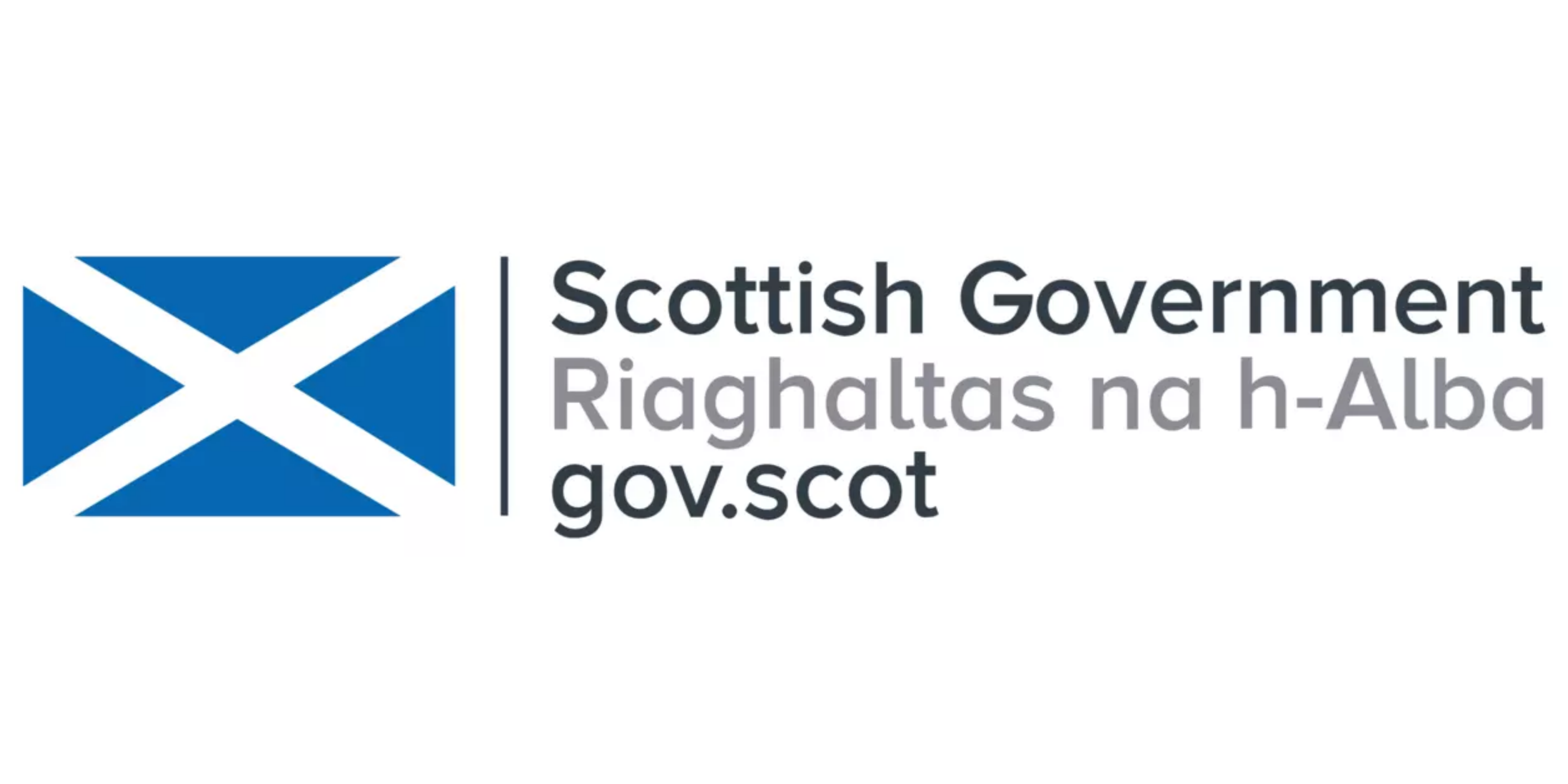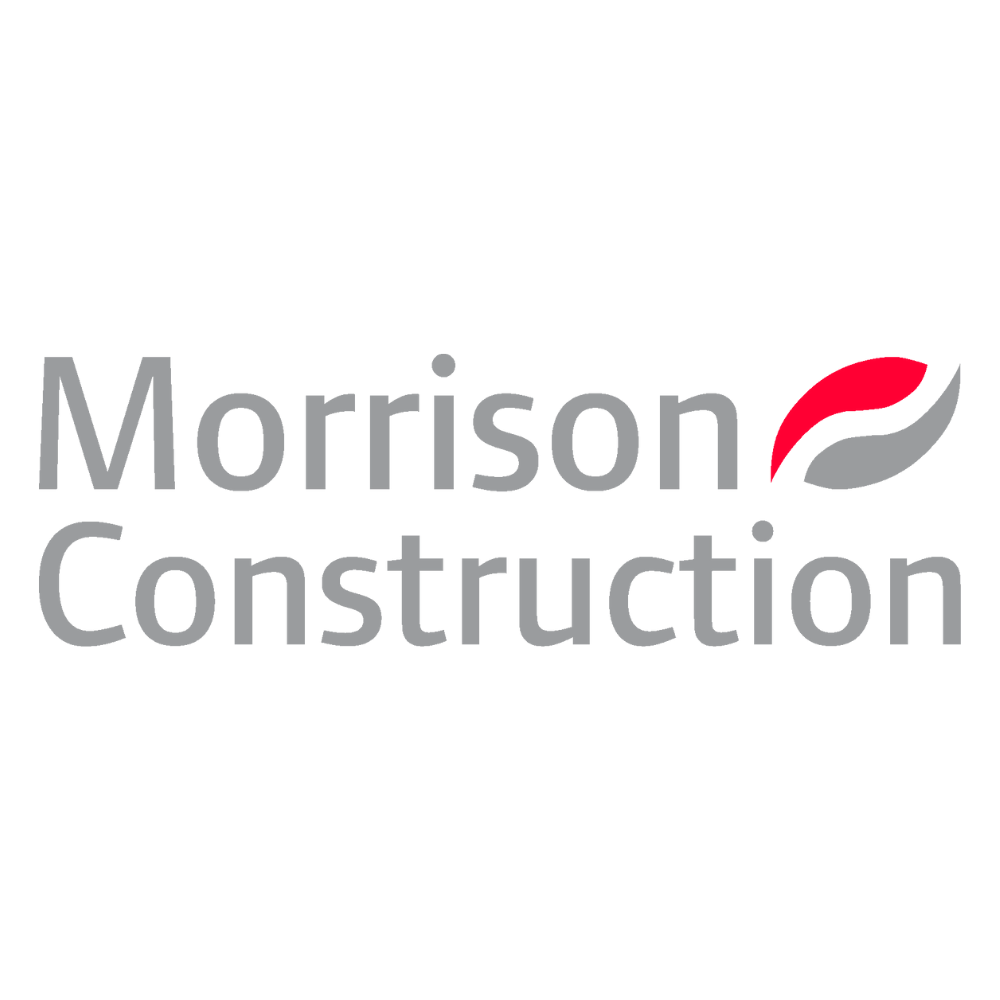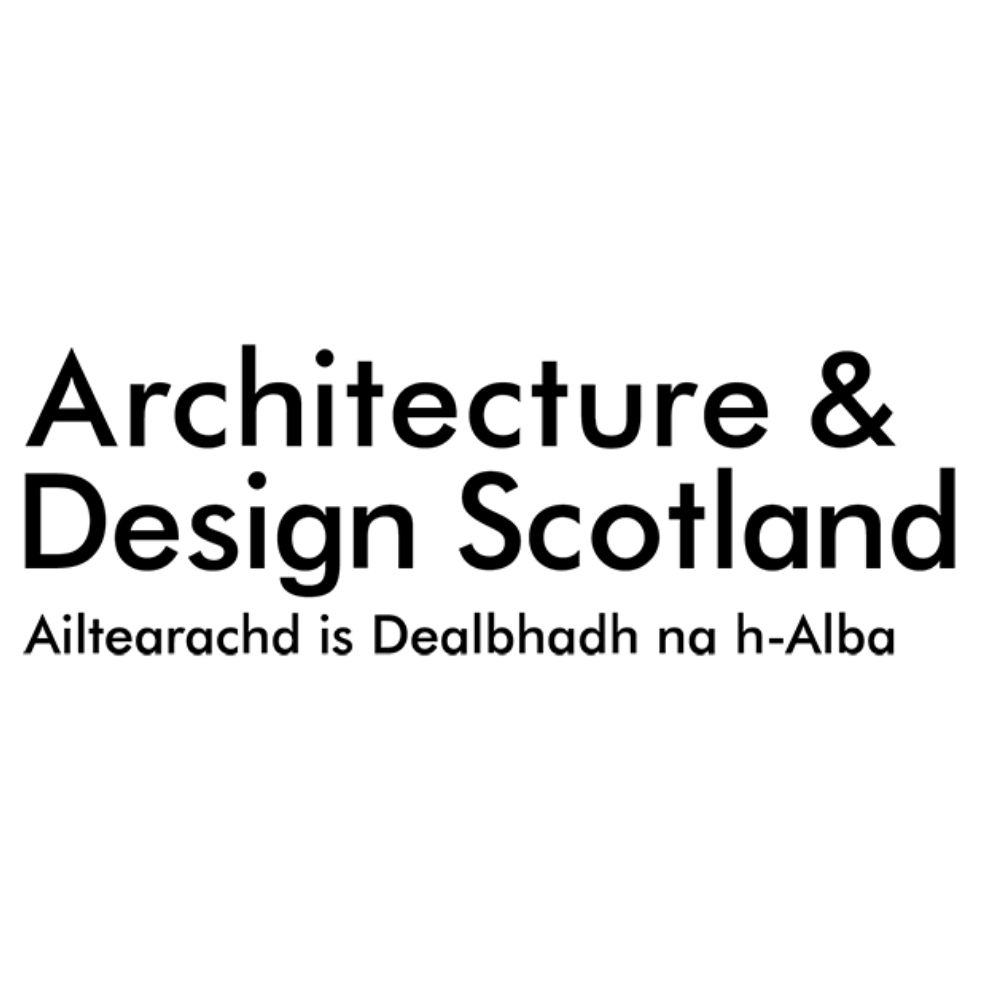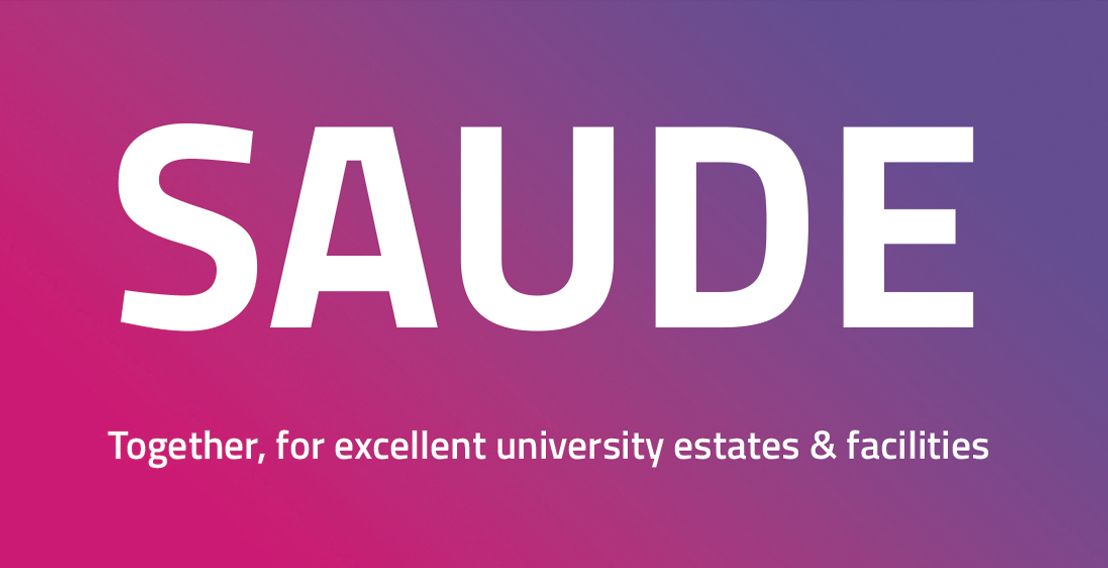Closing Keynote - Day 2
Learner voice should be at the heart of changing learning spaces. Reflecting on the experience of learning at home through Covid-19, at school and in the evolving digital arena, young people from West Calder High School in West Lothian led the closing keynote session of Learning Places Scotland (LPS) 2021. They were honest, insightful, deliberative and assertive ambassadors for learning.
Chaired by Scottish Futures Trust's Diarmaid Lawlor, the learners’ insights shaped reflection and a Q&A session by Microsoft's Director of Education for the UK, Chris Rothwell, and Education Scotland's Strategic Director, Ollie Bray.
The focus of LPS 2021 was about reconnecting learning through place planning and community development. Building on that focus, the learners shared three needs to improve the future of learning environments which cultivate life skills and encourage collaboration: equity, adaptability of spaces and approaches, and the transfer of knowledge of what works to make great learning places.
Learning has radically changed over recent decades and this has been accelerated by the pandemic. However technology, teaching methods, assessments and learning environments have remained largely the same. Teachers present from the front of the classroom; exams are completed using a pen and paper; classroom layouts are inflexible and closed plan. However, the new £32m West Calder High School opened in 2018, with learners and learning at the heart of its design. It transformed from a 'mundane' 1960s traditional building to a new build, state-of-the-art facility, housed with 'learning plazas' and open plan spaces with advanced technology available to all. Before the project started, learners and their teachers collaborated in their old school to create their own ‘inspiring learning space’. Walls were knocked down between classrooms which led to a large open plan layout. This empowered young people to take ownership over their learning and surroundings, while at the same time encouraged teachers to be innovative and explore modern teaching methods. Learnings of what went well were subsequently communicated and applied to the new school’s design to deliver break out spaces (learning plazas), to meet everyone’s needs and standards.
Accessibility to technology and the internet were a notable inclusive aspect of the design and delivery of the new high school; use of digital tools promotes young people to self-regulate and reflect on their learning. One pupil shared his experience of using technology in class more often, as he has dyslexia. In the old school, and pre-Covid, using digital resources felt stigmatised. Now the experience feels inclusive and collaborative, as full classes utilise these resources on a day-to-day basis. Each learner has unique skills, capabilities and potential. Learning isn’t just about exams. Young people want to feel supported in their ambitions to develop life skills that prepare them for further education and future employment. Making use of learning plazas, the learners reported that they have since developed skills in problem solving, presenting, creativity, collaborating and listening; factors that aren’t always evaluated in traditional examinations.
To sum up the session, the learners were asked what they would like to see happen over the next year. They communicated that they want to feel encouraged and supported, to be ambitious and learn beyond the school environment. To achieve this, updated learning and teaching methods, agile spaces, full accessibility to digital tools and resources, and reliable internet connection need to be readily available.
Our aim, working collectively across learning environments, is to support learners to prosper through lifelong learning. The young people of West Calder demonstrated why we need to collaborate with young people and listen to their insights. They emphasised that although technology supports learning, the last year has amplified the need for the physical environment and opportunities for all young people to build a sense of agency. And they showed us how a shared focus on equity, adapting what we already have and sharing knowledge on what works so every place can prosper is critical to improve learning experiences and environments for all.




.png)
.png)
.png)

